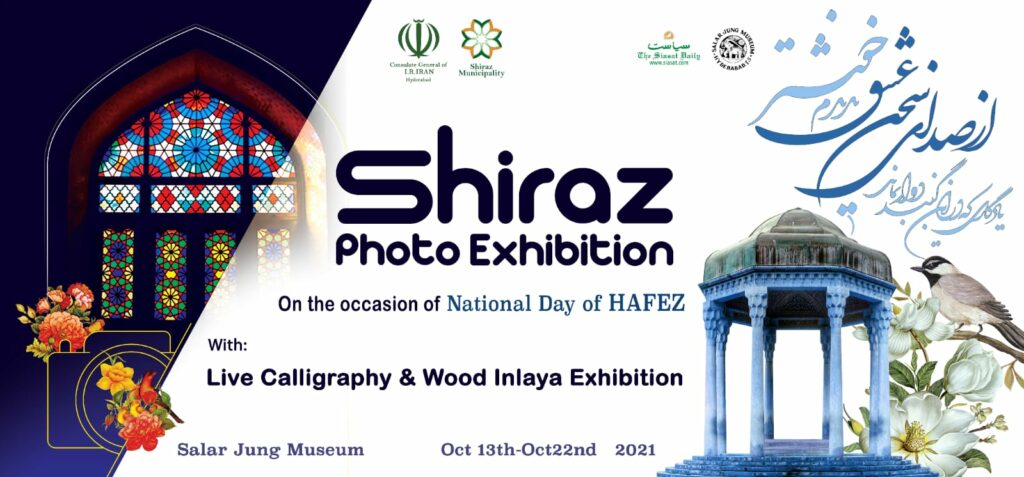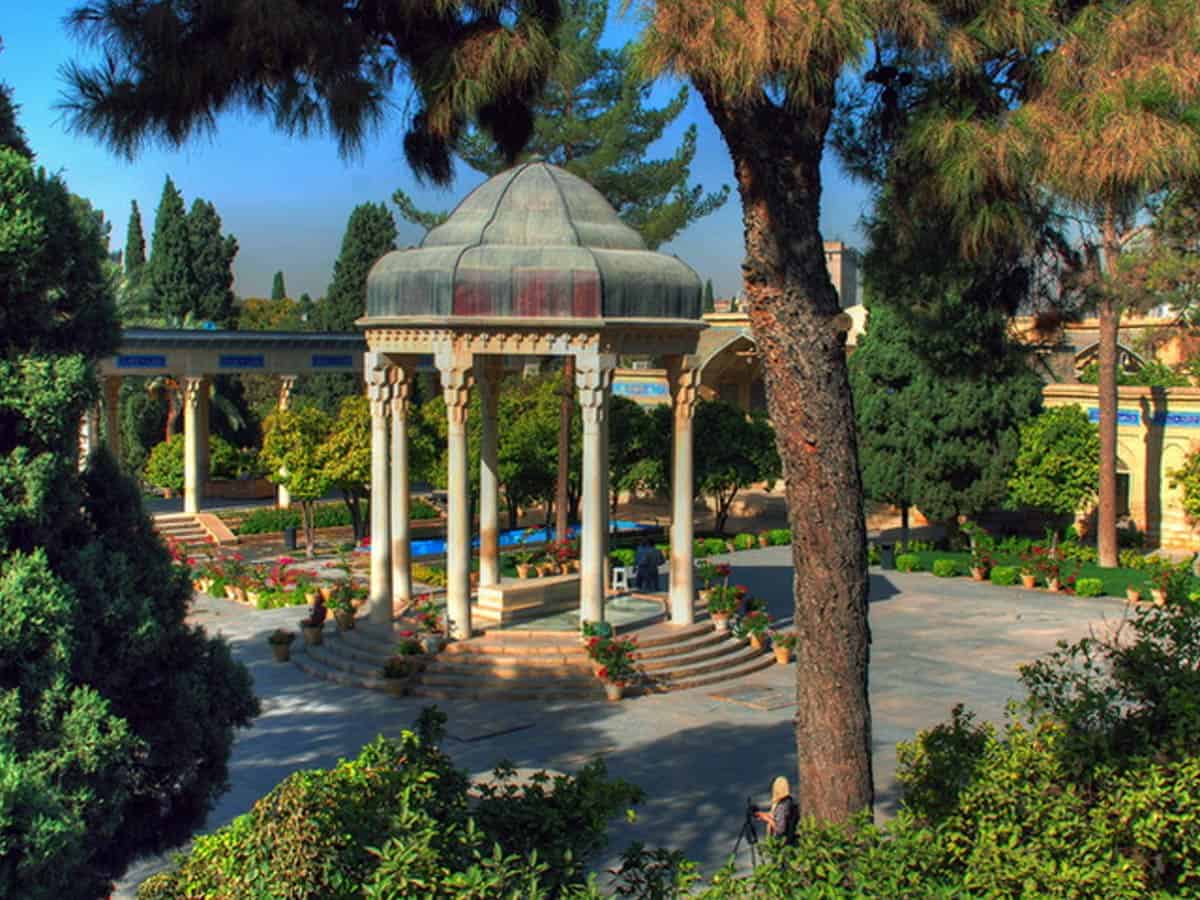Hafez Shirazi (1315-1390 CE) is considered the greatest of the Persian poets and among the most famous and admired writers in world literature. He is among the most often translated poets in the present day and his work continues to resonate with modern audiences.
His full name is Khwaja Shams-ud-Din Muhammed Hafez-e Shiraz, but he was known as Hafez (which means “memorizer”) because he memorized the Quran at an early age and would later memorize the works of other Persian poets.
Little is known of his personal life except that he was born in Shiraz (in modern-day Iran) and his parents were from Fars. He was well educated and most likely had connections to the ruling house as he spent his life as the court poet to the region’s monarchs. He was a Shia Muslim and a devotee of the mystical approach to Islam known as Sufism which informs his poetry along with Quranic literature, Persian legend and myth from the shahnamah, and various other sources. Unlike other poets (such as Rumi) there is no definitive collection of his works. His divan (a collection of short pieces) was compiled by others but scholars do not agree on when or even by whom.
Hafez’s poetry focuses on the transcendent power of love and the transformative effects of opening one’s self up to all experience through embracing what it means to be a human being in the fullest sense which, to Hafez, includes an intimate relationship with God.
His work is described by many scholars as antinomian, meaning a rejection of rules, regulations, and strictures, and this label is apt as Hafez considered life too large to be contained and dictated by small labels and narrow commandments.
Hafez’s works, like those of any poet, lose something vital in translation but, in his case, the loss is more significant in that the original Persian is so nuanced and one word can have multiple meanings. His poetry, in the original, could be interpreted quite differently by anyone who read or heard it recited according to their own beliefs. This freedom of interpretation contributed to Hafez’s status as the most popular poet of his day.
Hafez’s vision of universal friendship, experience, and communion with the Divine crosses all boundaries and ignores all divisions, welcoming all who respond to his Religion of Love.
Many people who visit Hafez’s mausoleum in Shiraz claim to receive messages and guidance from the poet and his association with the Divine encourages fortune-tellers and even Queen Victoria was said to have consulted Hafiz in times of need – which has been a custom in the Middle East for centuries. The Fal-e Hafiz, is an ancient tradition in which a reader asks Hafiz for advice when facing a difficulty or at an important juncture in their life – treating his books as an oracle and opening them with a deep wish from their soul for guidance.
Hafez would become the most popular and well-respected poet of his day and his reputation for piercing mystical insight and beauty of composition still holds in the present day. His mausoleum in Shiraz, surrounded by gardens and small waterfalls, attracts admirers from around the world who not only continue to respond to his written works but claim a mystical communion with the poet in their daily lives.
Photography exhibition of Shiraz

The Consulate General of the Islamic Republic of Iran will be holding an exhibition on theme of “photography of shiraz” at the Salar Jung Museum from 13th October till 23rd October 2021. 40 photos of Shiraz along with live calligraphy and wood inlay will be exhibited in this event.
Shri V. Srinivas Goud. Hon’ble Minister for Tourism & Culture and Archaeology Government of Telangana will be the Chief Guest of this exhibition.
The exhibition will be held in cooperation with the Salarjung Museum and The Siasat Daily newspaper.

